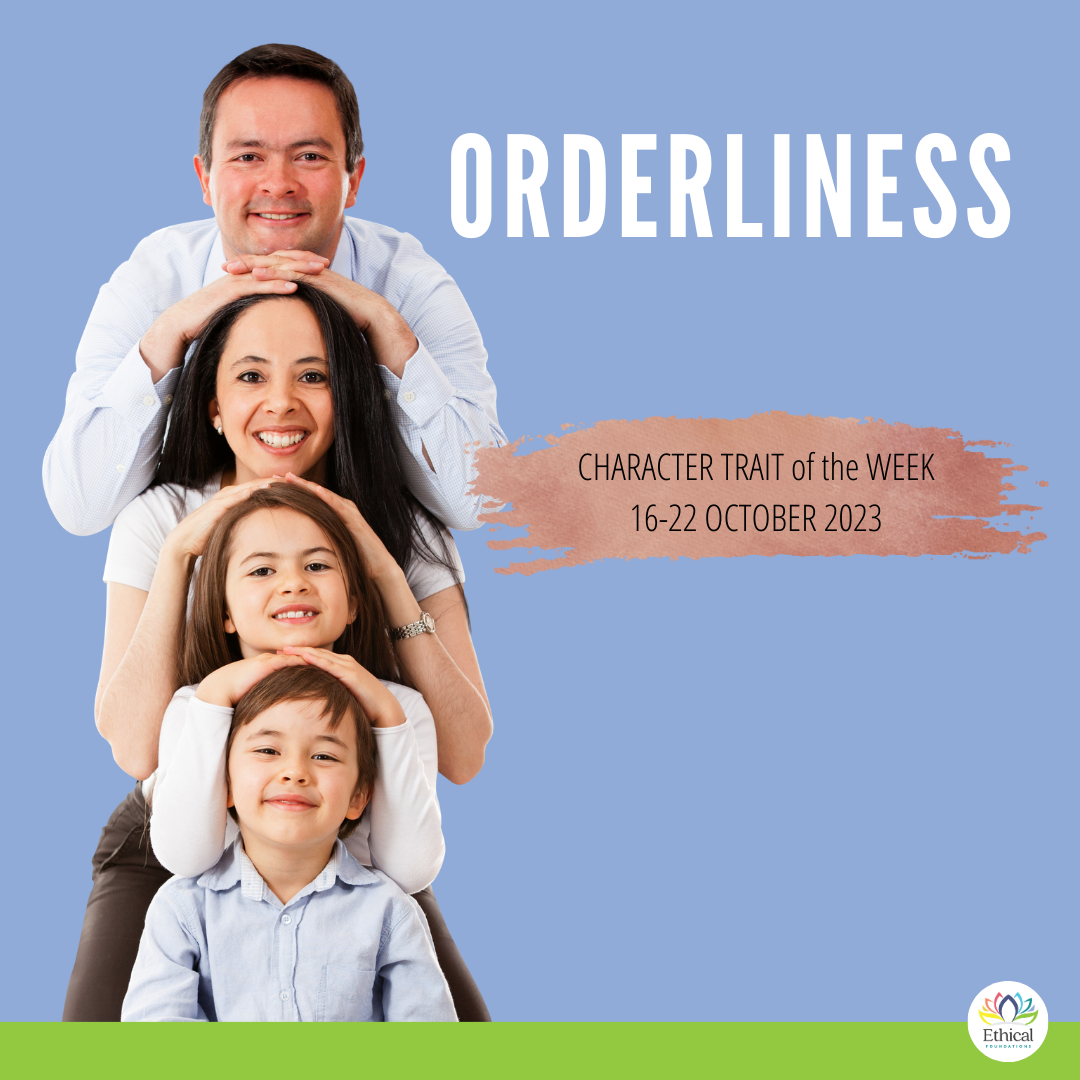16 Oct Orderliness
Avoid Mess and Stress
Getting your child to practice orderliness and avoid mess and stress is much easier in the early years than later.
When a child grows up learning how to keep things organised, neat and tidy, they create an understanding of structure and cleanliness.
Young children are rapid learners. Establishing simple processes and routines that they can easily follow assists them in managing their lives not only at present but also in the future.
A young child might learn about taking shoes off at the front door and putting their toys away after they finish playing with them. An older child learns to respect their toys and place them back where they belong or to pack them away neatly so they can find them easily the next time they want them.
Your child is constantly observing your actions.
If you consistently hang your keys on a designated hanger or place them in a specific bowl when you enter your home, they will understand that this habit aids in locating keys in the future.
Your child also observes what happens within other households and can begin to value the structure of their own home.
Through observation, a child will learn about time management and improving productivity.
Because your child is familiar with the designated locations of their belongings, they possess the confidence to locate what they need when they need it.
As your child ages, they may explore their own ways of keeping order and beauty within their environment and the home.
Making sure that their school lunch box is placed on the kitchen bench when they come home from school, in addition to any newsletters or correspondence from the school, contributes to practising orderliness.
It also avoids a potential mess in their lunch box and stress when wondering where their lunch box is when they need it next time.
Remembering to take care of their clothes by folding them and placing them in their school bag when not wearing them helps them know where their clothing items are when not on their body.
At least your child won’t be stressed about going home and dealing with the dilemma of saying they’ve lost their cardigan or jacket.
Little things add up to helping the whole household maintain order.
Whether a family has one, three, or six children, it serves the whole family when there are structures in place that benefit everyone and contribute to maintaining orderliness.
Some children seem to love being organised and love to place labels on containers, keeping their goods and shackles in order and taking care of their things. Other children do not so, they need a little encouragement.
To maintain order at home it is essential to set in motion structures and, in conjunction with these, boundaries.
I remember someone I know had challenges with their teenage son who didn’t put his clothes into the laundry basket. The mum was happy to wash clothes placed into the laundry basket, but she would find his clothes all over his bedroom floor.
Her solution was to pass on the responsibility to him. She told her son that if he wanted his laundry done, he would have to do his washing for the next six months, and then she would reconsider that solution.
Her son is now a grown man with a family of his own. I believe that taught him a valuable lesson, in addition to developing a healthy respect for his mum and partner.
Every action has a reaction. Do you believe practising orderliness avoids mess and stress? What area of your life do you want to create more order in?

- Trish
- October 16, 2023
- 8:33 am

Sorry, the comment form is closed at this time.